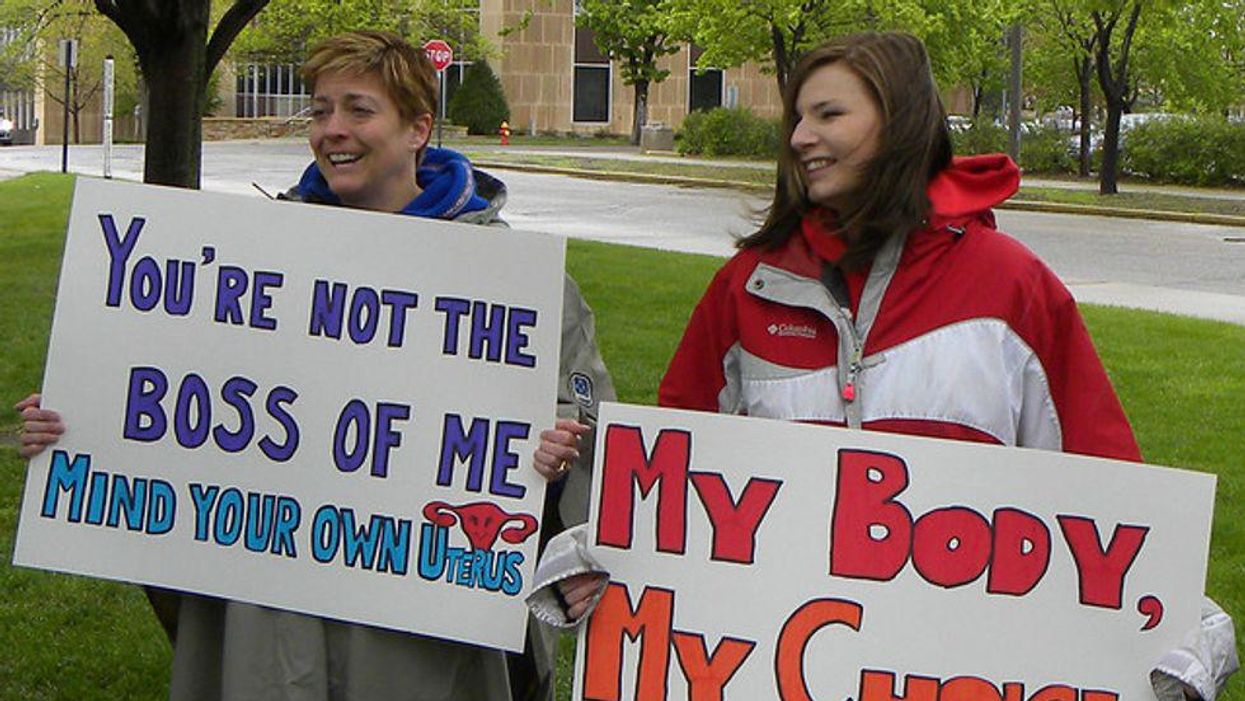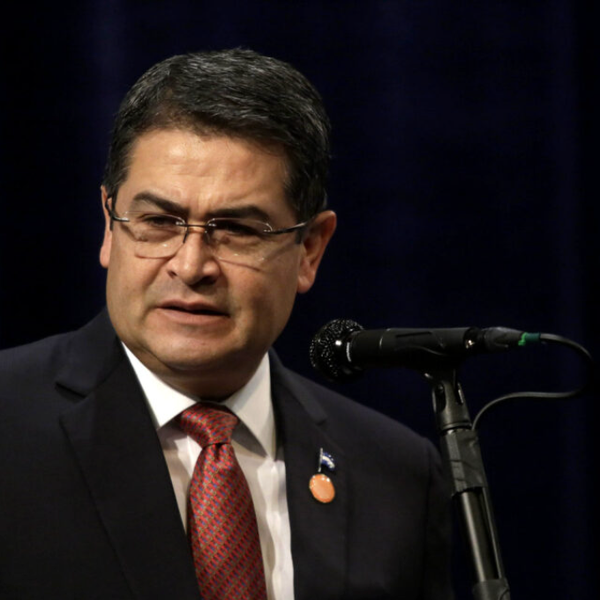The Supreme Court Abortion Case That Nobody Is Discussing Now
When it comes to abortion cases at the U.S. Supreme Court, all eyes have been on Texas and Mississippi. However, a Kentucky case that has largely flown under the radar represents yet another attack on abortion rights.
In 2018, Kentucky passed a law banning the dilation and extraction method of performing an abortion. That method is the most common procedure for second-trimester abortions, in part because, as the American College of Obstetricians and Gynecologists explains, it is "medically preferred because it results in the fewest complications ... compared to alternative procedures."
Both the U.S. District Court for the Western District of Kentucky and the Sixth Circuit Court of Appeals ruled in favor of the plaintiffs, an abortion provider in the state. During the lower court proceedings, the Kentucky attorney general's office took no position on the law, saying only that it was not the entity that could enforce the ban. The office then moved to be dismissed from the case, and that was granted.
When the case was at the trial court, Andy Beshear, a Democrat who is now the governor of Kentucky, was the attorney general. Now, though, the attorney general for the state is a conservative Republican, Daniel Cameron. As legal counsel to then-Majority Leader Mitch McConnell, Cameron helped shepherd conservative judges through the confirmation process. He also made then-President Donald Trump's 2020 list of potential Supreme Court nominees, despite his actual legal experience being relatively slim.
Cameron has made no secret of being anti-choice, backing a "pro-life constitutional amendment" for the state. He also joined an amicus brief supporting Mississippi's 15-week previability abortion ban, which the Supreme Court will hear on Dec. 1.
Cameron's case, which will be heard on Tuesday, isn't strictly an abortion case. Rather, Cameron is arguing simply that his is the office that has the power to defend a state law — even if his office previously agreed to be dismissed.
No other state entity wants to defend the law because Beshear has blocked previous anti-choice moves by Cameron.
At the beginning of the pandemic in April 2020, the Kentucky legislature passed a bill that would have granted Cameron greater authority over abortion clinics. Beshear vetoed it. At the start of 2021, the legislature passed a similar bill, and Beshear vetoed it again, but the veto was overridden. The legislation allows Cameron to directly seek both criminal and civil penalties against abortion providers, even though Cameron's office doesn't directly regulate other sorts of health care. In fact, Cameron can now seek those penalties even if the agency regulating health care in the state, the Cabinet for Health and Family Services, disagrees.
Against this backdrop, Cameron is asking the Supreme Court to allow him to intervene to defend the dilation and extraction ban, despite the fact he is the only entity in the state that wants to defend it. If the Supreme Court lets him, he'll get to attempt to revive that ban. Earlier this year, the Fifth Circuit upheld a similar ban passed in Texas.
Trump was able to put six judges on the Sixth Circuit during his term, so that circuit may be amenable to such a ban as well.
In the end, Cameron's maneuvers are part and parcel of a full-court press from anti-abortion activists. The Guttmacher Institute, which tracks the passage of abortion restrictions, found that over 1,800 anti-choice bills have been introduced thus far in 2021, and 105 restrictions have been passed. With a Supreme Court that appears receptive to anti-abortion laws, Cameron may get his way.
Published with permission of The American Independent Foundation.









